Hundreds of thousands of people who have claimed universal credit due to a loss of earnings during the coronavirus pandemic are likely to face delays in their first payment as the “flawed” welfare system comes under unprecedented scrutiny, it is feared.
As the Department for Work and Pensions (DWP) received a surge in universal credit claims, one expert MP said existing problems with the flagship benefit – such as delays in payments and cuts to support – would become acutely apparent and force ministers to make radical changes.
Download the new Independent Premium app
Sharing the full story, not just the headlines
More than 1.4 million people have applied for the benefit since 16 March, marking a more than six-fold rise on a normal three-week period, after around 18 per cent of the workforce had their hours cut or were made redundant due to the Covid-19 outbreak.
Universal credit, introduced by the coalition government in 2010 and billed as a major simplification of the benefit system, has been criticised for cutting the money people receive and forcing applicants to wait five weeks for a first payment.
Claimants can apply for advance loans during the five-week wait, but they are required to start paying this back once they receive their first payment. Data published by the DWP last year showed that £1 of every £10 in universal credit payments was deducted from claimants in order to pay off advances. The DWP has so far made 365,000 advance payments to new claimants during the pandemic.
The DWP said it had redeployed 10,000 staff from other parts of government and was recruiting extra workers to help process the new claims, but critics fear drafting in new staff – many of whom may not have adequate training – will not be enough to avoid delays and mistakes.
Frank Field, former chair of the Work and Pensions Committee, who undertook a number of investigations into universal credit while in the role, told The Independent: “I think it’s inconceivable that most [claimants] will get their money on time and that it will be right. There are bound to be many who don’t get it within five weeks, particularly as you’ve got people doing the processing who I doubt have had the proper training.”
The veteran Labour MP said the “extraordinary” five-week wait claimants faced before receiving their first payment, and the further delays he anticipated, would likely draw a “wave of criticism” from new applicants who may also be more politically active than those claiming benefits before the pandemic.
“Some of them are active in Tory associations, so I think there’s going to be a huge education of the Tory Party about what universal credit is like and whether it is fit for purpose when you’re on your uppers and you’ve got to wait five weeks,” said Mr Field.
“Many of these people will be very politically active at letting their MPs know. Their question will be how can we – and let alone the poor – wait? We need money now. We’re in a new politics as far as universal credit goes. I think it’s the beginning of the end of this deeply flawed benefit as we know it.”
No hype, just the advice and analysis you need
A source working in the DWP told The Independent that due to the sudden surge in cases and the lack of training for civil servants diverted from other parts of government to processing universal credit claims, the level of error would be “phenomenal”.
“There have been complaints that they’re given bite-size training. People aren’t learning all the rules about universal credit, it’s more of an overview. There are people working on claims who are not sure what they’re doing. And that’s no fault of people doing the job, it’s just trying to manage an impossible situation,” said the source.
“There is going to be a big problem at a later date. There’s going to be a massive exercise cleaning up all the errors that have gone in, which is going to be one hell of a task. If these levels continue in the long-term, I don’t think the system can cope with it.”
A charity has also raised concerns that, even without the anticipated errors and delays, claimants will struggle to manage financially while they wait for their first payment – and would face falling into debt if they successfully applied for an advance loan.
Liam Evans, campaigns officer at Turn2us, which helps people in financial hardship to access charitable grants and support services, called on the government to remove the five-week wait by making the advance payment a non-repayable grant immediately.
He said the charity had seen 1 million people approach it for financial support in the last three weeks, and estimated that 3.5 million would eventually need to claim universal credit as a result of the coronavirus pandemic.
“Five weeks is simply far too long to wait for universal credit, and asking claimants to get into debt by taking out an advance is not a practical solution,” added Mr Evans.
“We also know the DWP is under immense pressure during the coronavirus pandemic, so it is highly likely many claimants will have to wait more than five weeks for their first payment.”

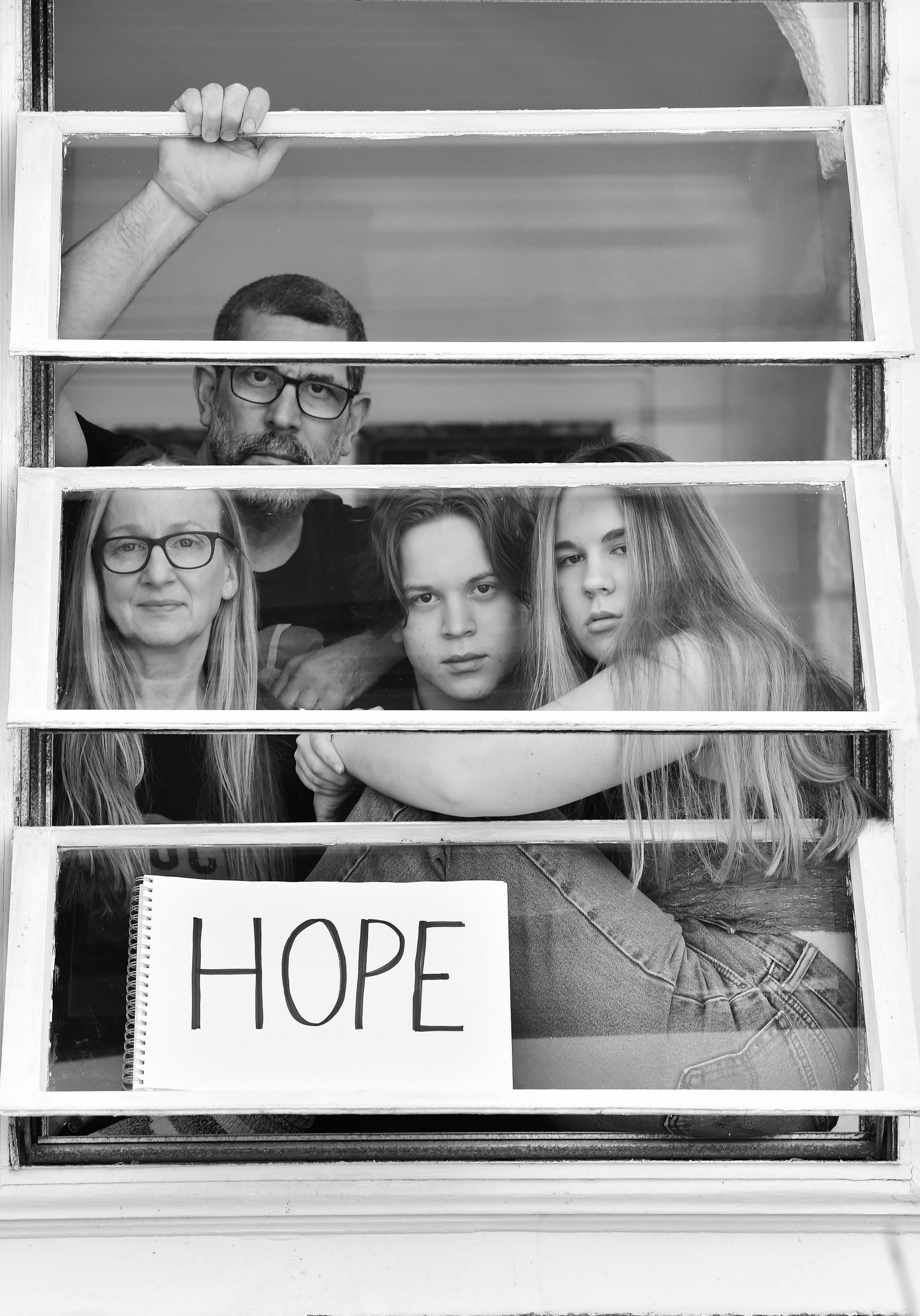
1/12
Agnetha Septimus, Matthew Septimus, and children Ezra and Nora
Stephen Lovekin/REX/Shutterstock

2/12
Husband and wife filmmakers, Claire Ince and Ancil McKain pose for a portrait for the series by Shutterstock Staff Photographer, Stephen Lovekin, shot around the Ditmas Park neighborhood of Brooklyn, New York
Stephen Lovekin/REX/Shutterstock
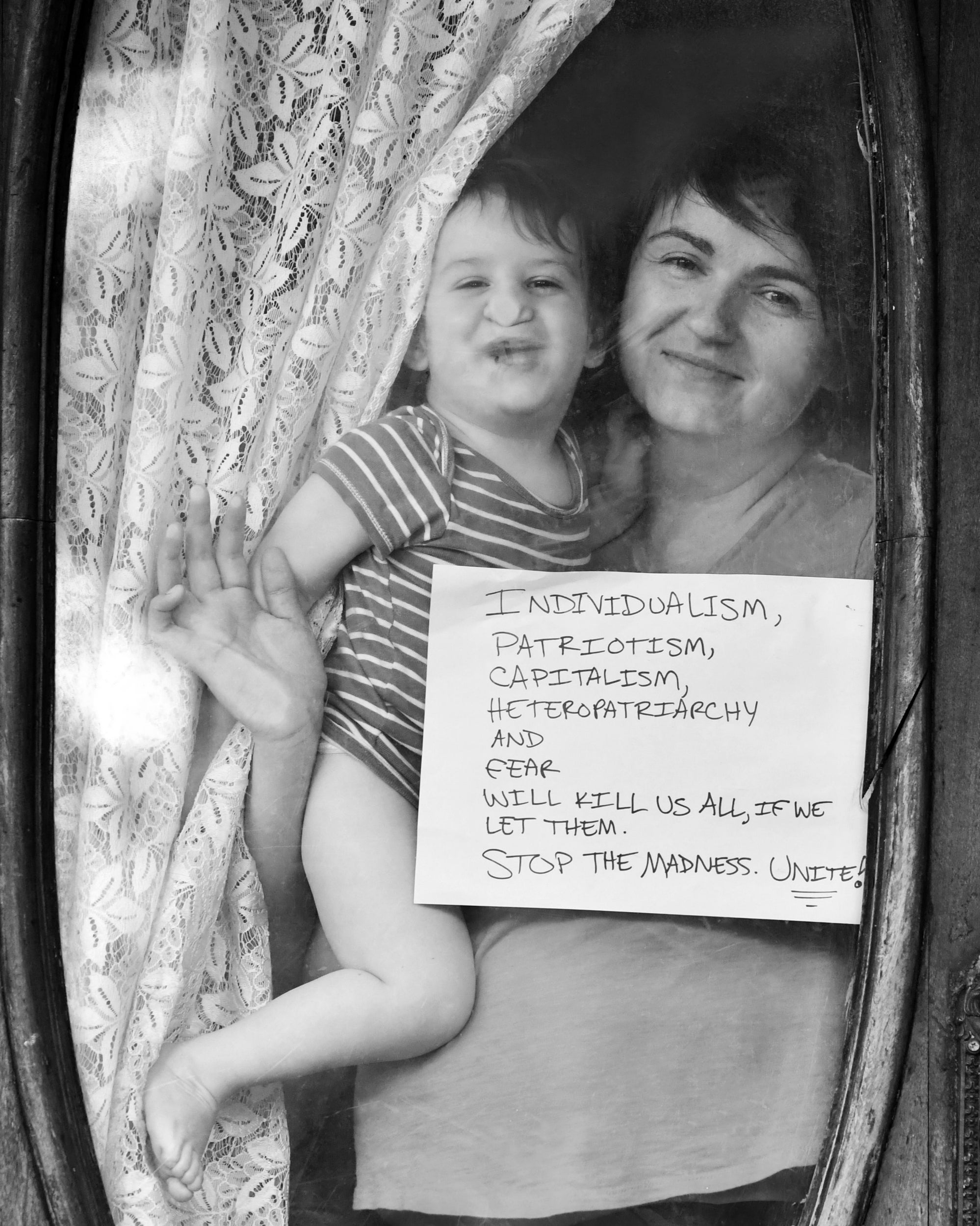
3/12
Khadijah Silver and son Eliot
Stephen Lovekin/REX/Shutterstock

4/12
Anna Beth Rousakis and daughter Mary Rousakis
Stephen Lovekin/REX/Shutterstock
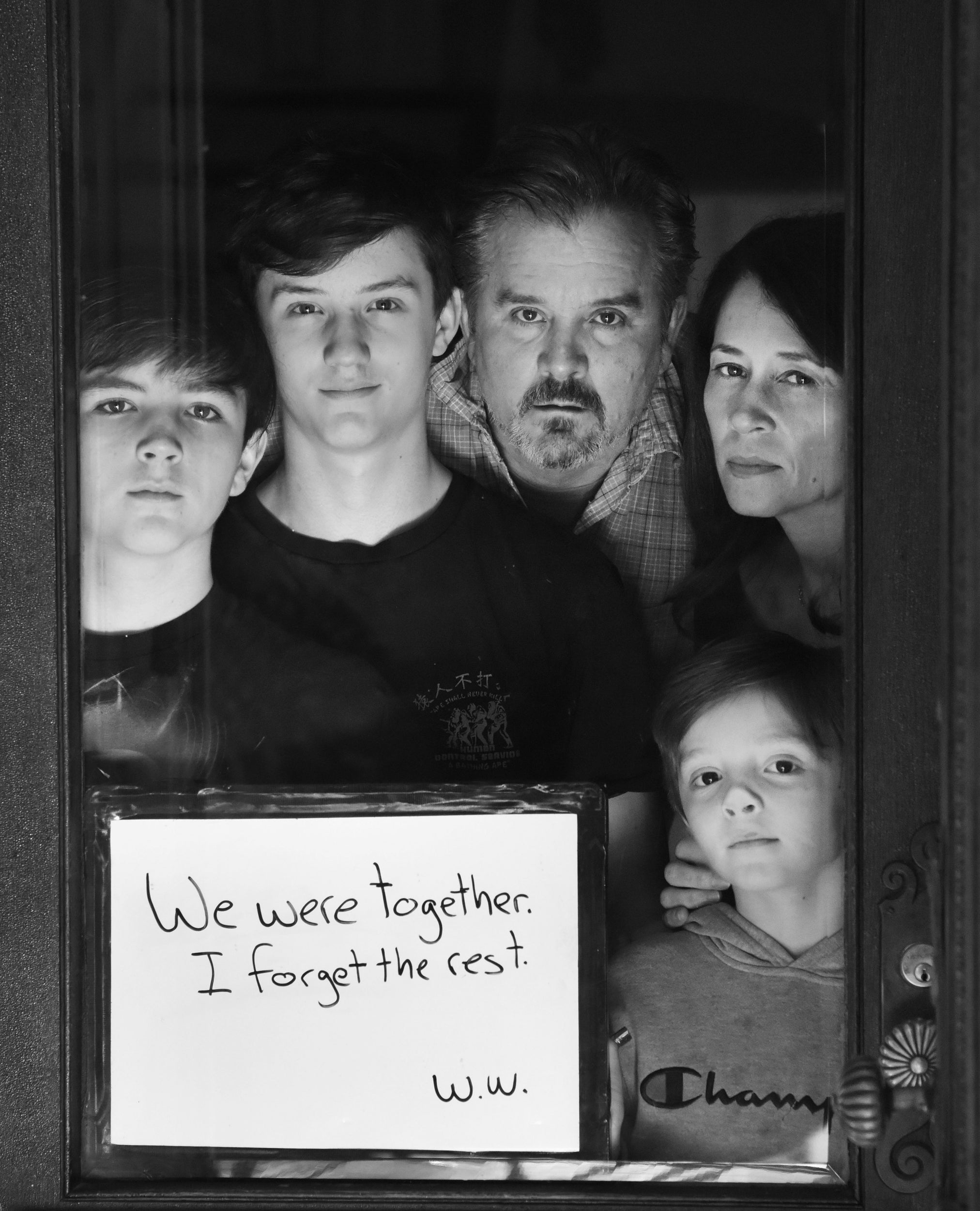
5/12
Mike Pergola and Denise Pergola with children Henry, Jack, and Will
Stephen Lovekin/REX/Shutterstock

6/12
Artist Shirley Fuerst
Stephen Lovekin/REX/Shutterstock

7/12
Jean Davis and Danny Rosenthal, with children Simone, Naomi, and Leah
Stephen Lovekin/REX/Shutterstock
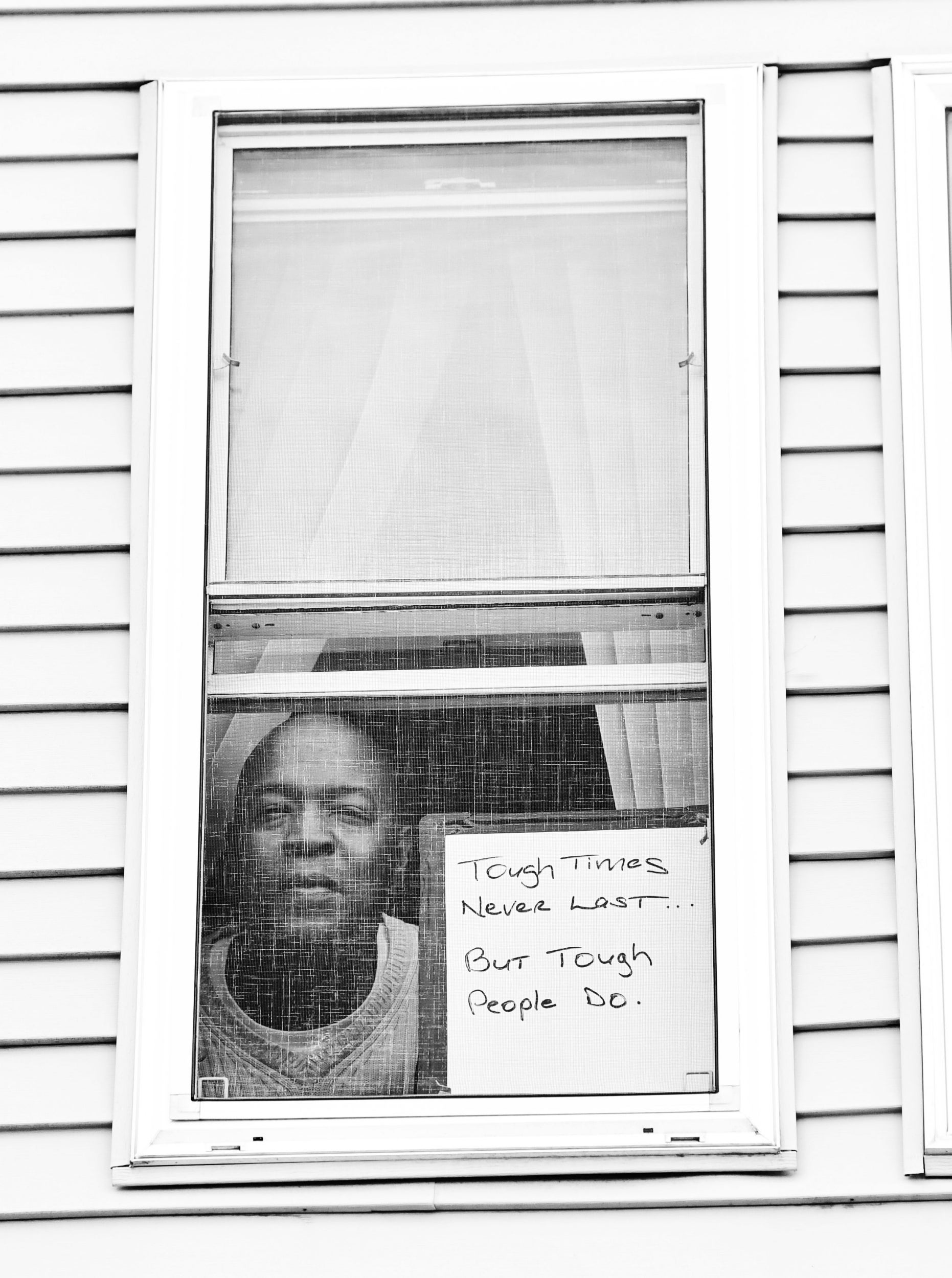
8/12
Robert E Clark Jr
Stephen Lovekin/REX/Shutterstock
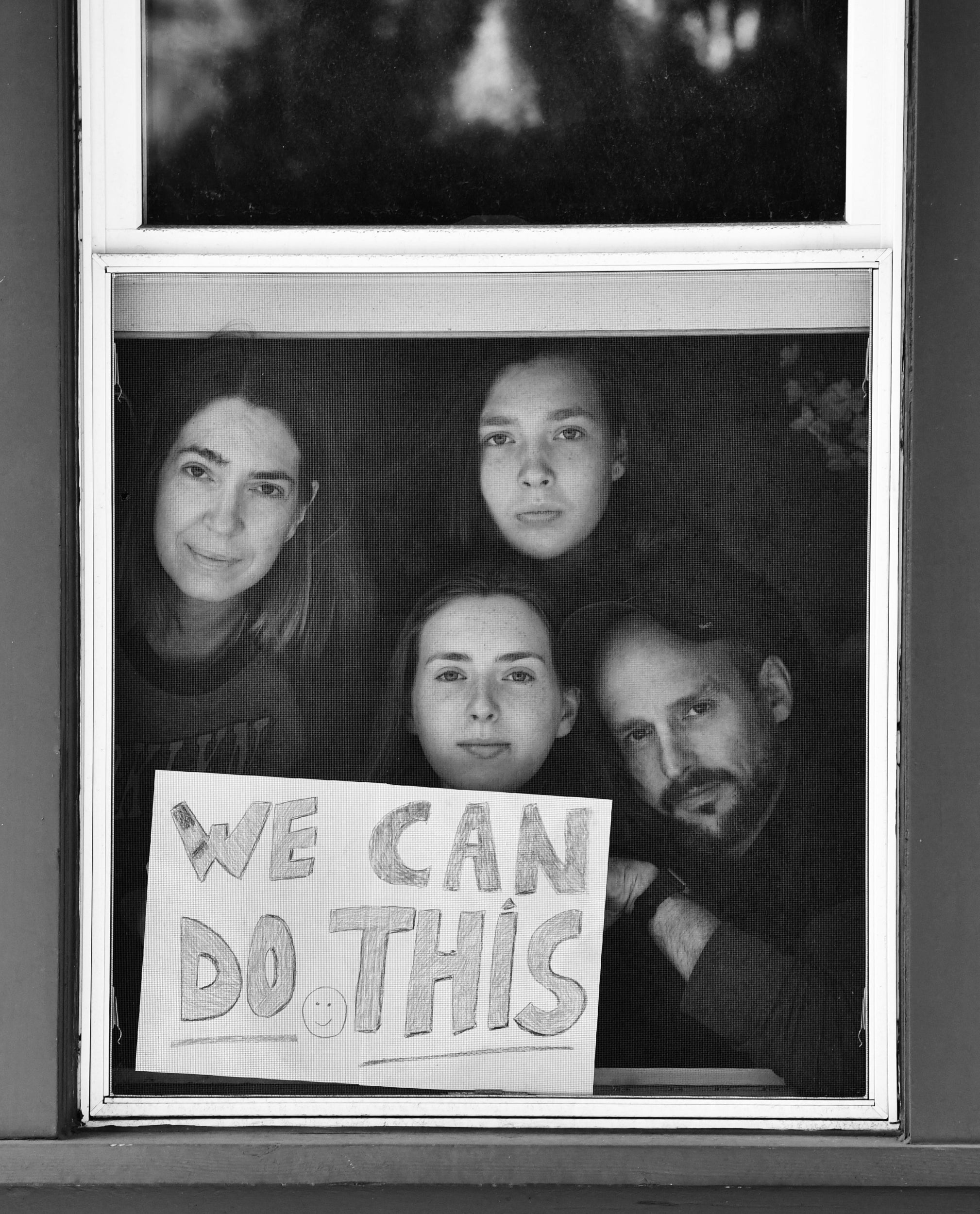
9/12
Lisa Draho and Josh Zuckerman, with children Ruby and Ava
Stephen Lovekin/REX/Shutterstock
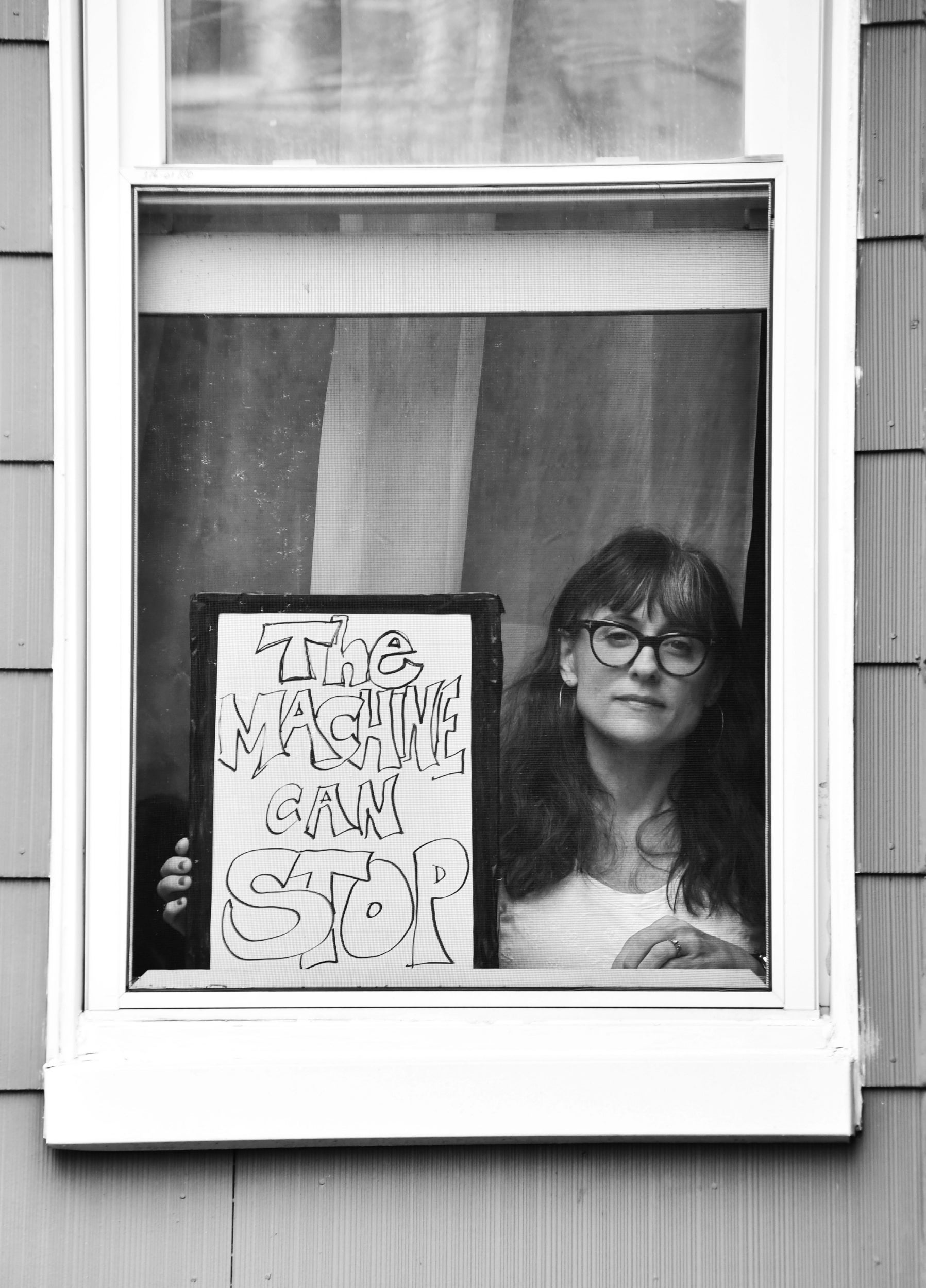
10/12
Professor and activist Dr Kristin Lawler
Stephen Lovekin/REX/Shutterstock
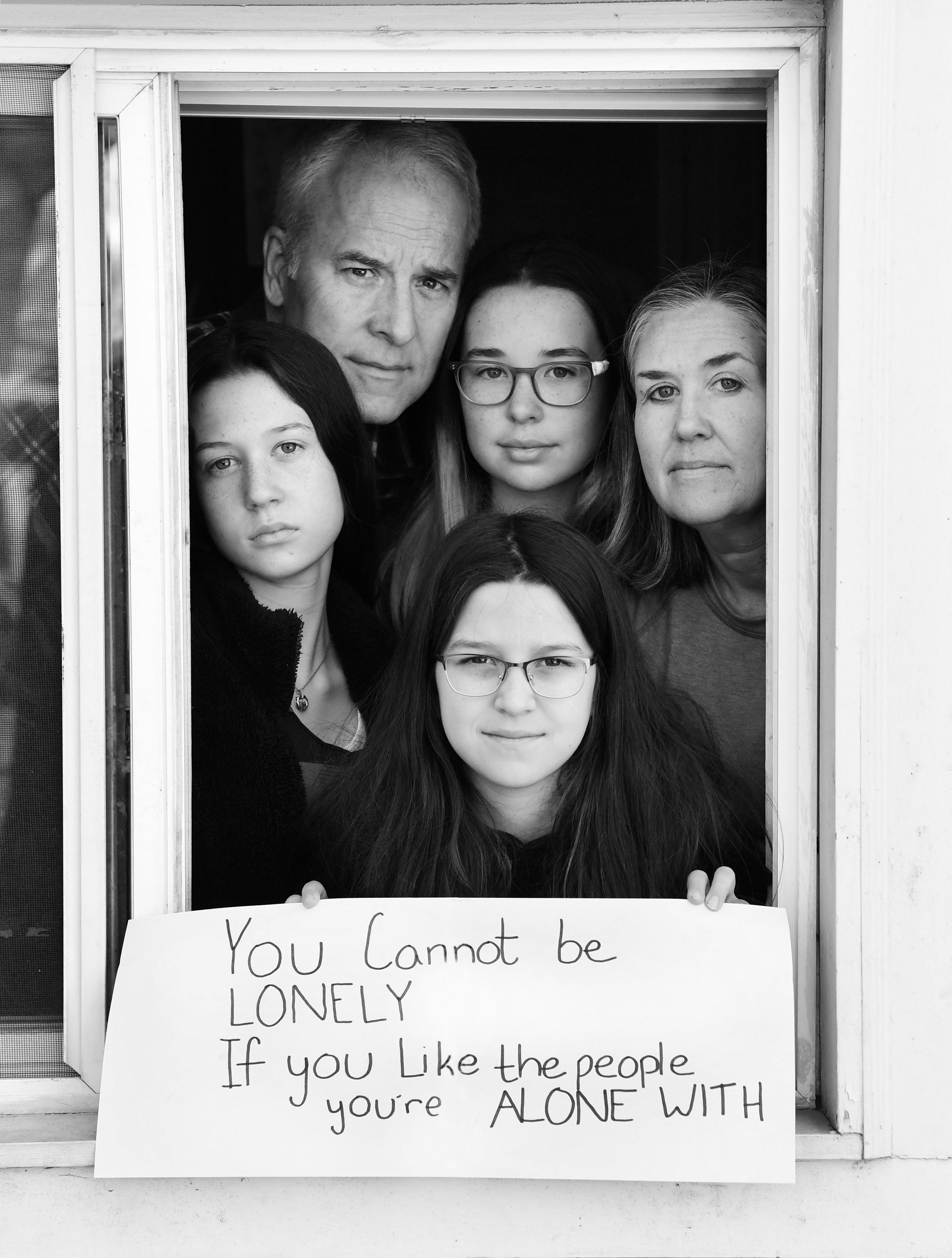
11/12
Tom Smith and Laura Ross, with daughters Caroline, Elizabeth, and Abigail
Stephen Lovekin/REX/Shutterstock

12/12
Callie Lovekin and Lucas Lovekin
Stephen Lovekin/REX/Shutterstock

1/12
Agnetha Septimus, Matthew Septimus, and children Ezra and Nora
Stephen Lovekin/REX/Shutterstock

2/12
Husband and wife filmmakers, Claire Ince and Ancil McKain pose for a portrait for the series by Shutterstock Staff Photographer, Stephen Lovekin, shot around the Ditmas Park neighborhood of Brooklyn, New York
Stephen Lovekin/REX/Shutterstock

3/12
Khadijah Silver and son Eliot
Stephen Lovekin/REX/Shutterstock

4/12
Anna Beth Rousakis and daughter Mary Rousakis
Stephen Lovekin/REX/Shutterstock

5/12
Mike Pergola and Denise Pergola with children Henry, Jack, and Will
Stephen Lovekin/REX/Shutterstock

6/12
Artist Shirley Fuerst
Stephen Lovekin/REX/Shutterstock

7/12
Jean Davis and Danny Rosenthal, with children Simone, Naomi, and Leah
Stephen Lovekin/REX/Shutterstock

8/12
Robert E Clark Jr
Stephen Lovekin/REX/Shutterstock

9/12
Lisa Draho and Josh Zuckerman, with children Ruby and Ava
Stephen Lovekin/REX/Shutterstock

10/12
Professor and activist Dr Kristin Lawler
Stephen Lovekin/REX/Shutterstock

11/12
Tom Smith and Laura Ross, with daughters Caroline, Elizabeth, and Abigail
Stephen Lovekin/REX/Shutterstock

12/12
Callie Lovekin and Lucas Lovekin
Stephen Lovekin/REX/Shutterstock
A DWP spokesperson said: “Universal credit is delivering in these unprecedented times and more than 1.4 million people have successfully made a claim. With such a huge increase in claims there are pressures on our services, but the system is holding up well and our dedicated staff are working flat out to get people the support they need.
“We’re taking urgent action to boost capacity – we’ve moved 10,000 existing staff to the help on the front line and we’re recruiting more.”



